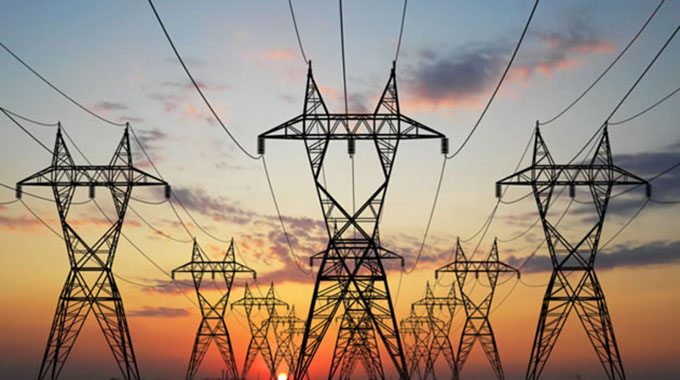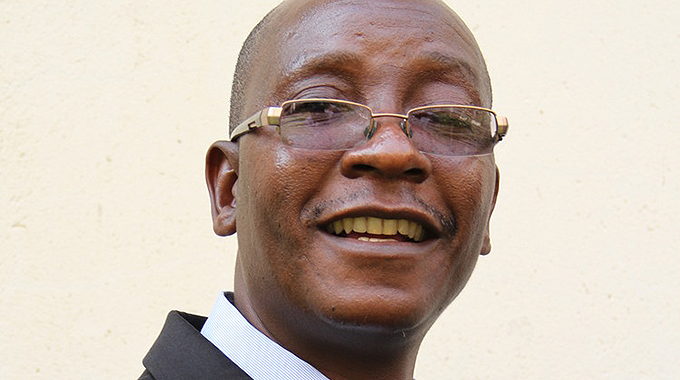$8,6m set aside for rural electrification

Emmah Chinyamutangira Manicaland Correspondent
The Rural Electrification Fund (REF) has set aside $8,6 million for energy development projects in the country which are aimed at increasing access to electricity in rural areas.
The fund has earmarked 335 energy projects countrywide which will increase access to electricity in rural areas from 27,7 percent to 60 percent.
The projects are set to benefit schools, clinics, Government extension offices and chief’s homesteads.
REF chief executive engineer Joshua Mashamba said 189 projects had already been completed this year and they were working on an additional 335 projects which would be completed early next year.
The institutions that have benefited were electrified through grid extension this year at a cost of $6,2 million.
“We are working on three programmes, namely electricity grid extension, solar micro grids and institutional biogas digesters leading to 335 institutions estimated at $8,3 million and 13 institutional biogas digester plants estimated at $220 000,” said Mr Mashamba.
“As at 30 September 2018, we have electrified over 9 160 rural institutions countrywide. Of these, over 1 700 are in Manicaland Province alone.”
Mr Mashamba revealed that over 420 solar micro grid systems were installed at remote rural schools and clinics countrywide with 40 of those in Manicaland.
Six biogas digesters were also constructed at some rural institutions in Manicaland.
“REF has prioritised electrification of rural public institutions by way of 100 percent capital subsidy and attention should now also shift to include rural households in prioritisation,” said Mr Mashamba. New mechanisms are now required to finish off rural public institutions while accelerating electrification of households so that the 60 percent target is met by 2030.”
Mr Mashamba said nine biogas digester projects were commissioned during the period under review. Cumulatively, REF has commissioned 66 biogas digesters countrywide.
He said the current year’s performance had been negatively impacted by erratic supply of various materials, mainly transformers, conductor wires.
“The main reason supplier’s site for lack of performance is shortage of foreign currency,” said Mr Mashamba. Most of the project materials are now imported and with the biting shortage of foreign currency, REF has to find innovative ways of procuring the materials.”
Mr Mashamba indicated that since its inception, REF had remained consistent with the mandate to facilitate rapid equitable provision of energy to rural areas.
“It is, therefore, incumbent upon us to raise the level of awareness within our sector and without on the practicality of meeting rural population energy needs with other means besides the grid,” he said.










Comments